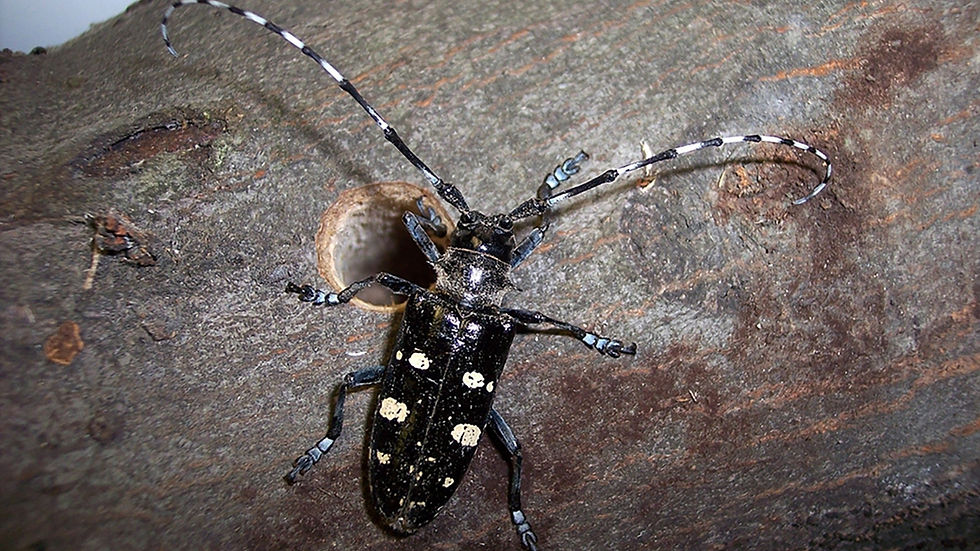USDA Reorganization impacts on Honey bees
- matthew jackson
- 4 days ago
- 2 min read
Protect the USDA Beltsville Bee Research Laboratory
The USDA has announced a proposal to relocate approximately 2,600 Washington-based positions to five regional hubs. Among the programs at risk is the USDA Beltsville Bee Research Laboratory, one of the nation’s most important centers for honey bee science.
For decades, this lab has been a cornerstone of U.S. beekeeping research—advancing our understanding of honey bee health, disease management, and pollinator sustainability. Its scientists have provided critical support to beekeepers, growers, and researchers across the country.

Many of the nation’s top honey bee scientists and industry leaders are deeply concerned that moving the Beltsville lab would cause both immediate and long-term harm to American beekeeping. The expertise, infrastructure, and long-standing collaborations built at Beltsville cannot simply be replicated in a new location.
How You Can Help
Add Your Signature to the Letter! If you are a beekeeper or farmer... Project Apis M. has organized a letter urging USDA Secretary Rollins and Deputy Secretary Vaden to reconsider this relocation. Please consider signing your name, title, and affiliation here by midnight on Friday, August 29th: Add your signature
You can read the full letter here: View the letter
Submit Your Own Public Comment USDA is accepting public comments through Friday, August 29th. Sharing your perspective—whether as a beekeeper, grower, researcher, or concerned citizen—adds weight to the collective effort to keep Beltsville’s expertise intact. Public Comment
Contact Your Congressional Representative Beyond the USDA’s comment process, reaching out to your senators and representatives can make a real difference. Let them know how vital the Beltsville Bee Research Lab is to pollinator health, agriculture, and food security. Congressional leaders have the power to amplify concerns and push USDA leadership to reconsider.
Why This Matters
Pollinators, especially honey bees, are essential to our food supply and ecosystem health. Research performed at Beltsville has been central to understanding threats such as Varroa mites, colony collapse, and pesticide interactions. Weakening this research capacity risks setting back decades of progress at a time when pollinators are already under unprecedented stress.
Protecting Beltsville isn’t just about one lab—it’s about ensuring America’s beekeepers, farmers, and consumers have the scientific knowledge and support needed for a resilient food system.

.png)




Comments